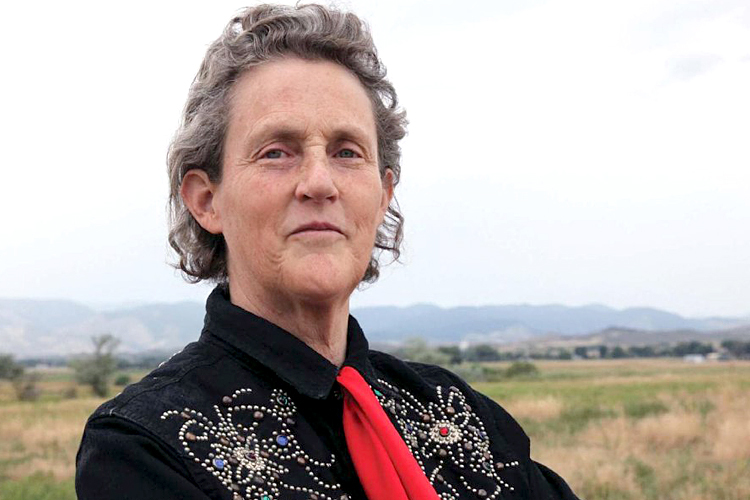Autism Advocate Temple Grandin: Embracing Neurodivergent Minds and Visual Thinking

Time magazine has named her a hero and she features on their list of Most Influential People in the World. HBO has a Golden Globe-winning movie about her life. Her occupations are wide-ranging, including being an author, scientist, professor, and mentor. This is Temple Grandin. She recently sat with ADDitude for a candid discourse about her experience of growing up autistic in the 1950s and 1960s and her thoughts on how to support and cultivate the capabilities of brilliant, neurodivergent minds today.
Q: You've said that you are primarily visual in the way you think. You are an object visualizer while others who utilize visual-spatial thinking think in patterns, and those who think in language relish words. What are your thoughts on the educational system today and how it's letting down diverse thinkers?
Apparently, educators are promoting algebra as they consider it necessary for logical thinking. But it's too abstract for visual thinkers, and I’m bothered that it's applied to weed out object visualizers – we can't do without them. Object visualizers have a significant role to play in keeping our crumbling infrastructure afloat. It's us who keep the water systems going. We're responsible for the design of hydraulics, welding, and understanding how mechanical things work and ways to improve them. What's not recognized by educators is that object visualizers use a different type of problem-solving, and it needs to be encouraged through more hands-on learning.
Q: What would you counsel parents who are uncertain about ensuring the best preparation for their children for the real world, given your own noticeable success not just in following your passion but also mastering executive function skills through practical work?
I’ve repeatedly noticed that children diagnosed with autism, dyslexia, or ADHD, often aren’t taught essential life skills like managing finances or shopping. For younger children, mastering life skills includes setting their own alarm and organizing their clothes for the next day- this fact was implicated early on in my life. I never had any difficulty with punctuality at work.
The journey can start with household tasks, then volunteering at churches or nursing homes. The first paying job might be something like walking a neighbor’s dog each morning. This is how they would understand performing a scheduled task with someone other than a family member being in charge.
Q: Could you share some insights for parents who feel devastated when their neurodivergent children face scenarios of bullying, exclusion, or discrimination in school?
High school was a challenging time for me, filled with bullying and ridicule, something I touched upon in my book, Thinking in Pictures: My Life with Autism. I was able to make friends via shared interests and hobbies, such as horseback riding, joining the model rocket club, and engaging in electronics during high school. For others, it might be participating in bands or school plays. For instance, a proactive teacher started a Star Wars club for her autistic student, which helped him to form friendships.
Q: How can we facilitate confidence-building, talent recognition, and interest cultivation among neurodivergent youngsters?
I think we excessively focus on the deficits and not enough on the strengths which could be nurtured into formidable careers. As a young child, I put in hours constructing little parachutes and kites, fiddling around to optimize their flight. Today's children, particularly object visualizers, don't tinker- an activity that is crucial for unearthing their potential.
I am an animal behavior expert and scientist who designs equipment for livestock. It's an interesting and impactful profession. Autism is integral to my persona, but primarily, I am an inventor, problem-solver, and a scientist.
Anni Layne Rodgers is the general manager at ADDitude.
CELEBRATING 25 YEARS OF ADDITUDE ADDitude, since its inception in 1998, has committed itself to spread ADHD education and guidance through webinars, newsletters, community interactions, and a revolutionary magazine. Please consider subscribing to support ADDitude’s mission. Your loyal readership and support facilitate our content creation and outreach. We appreciate it.




